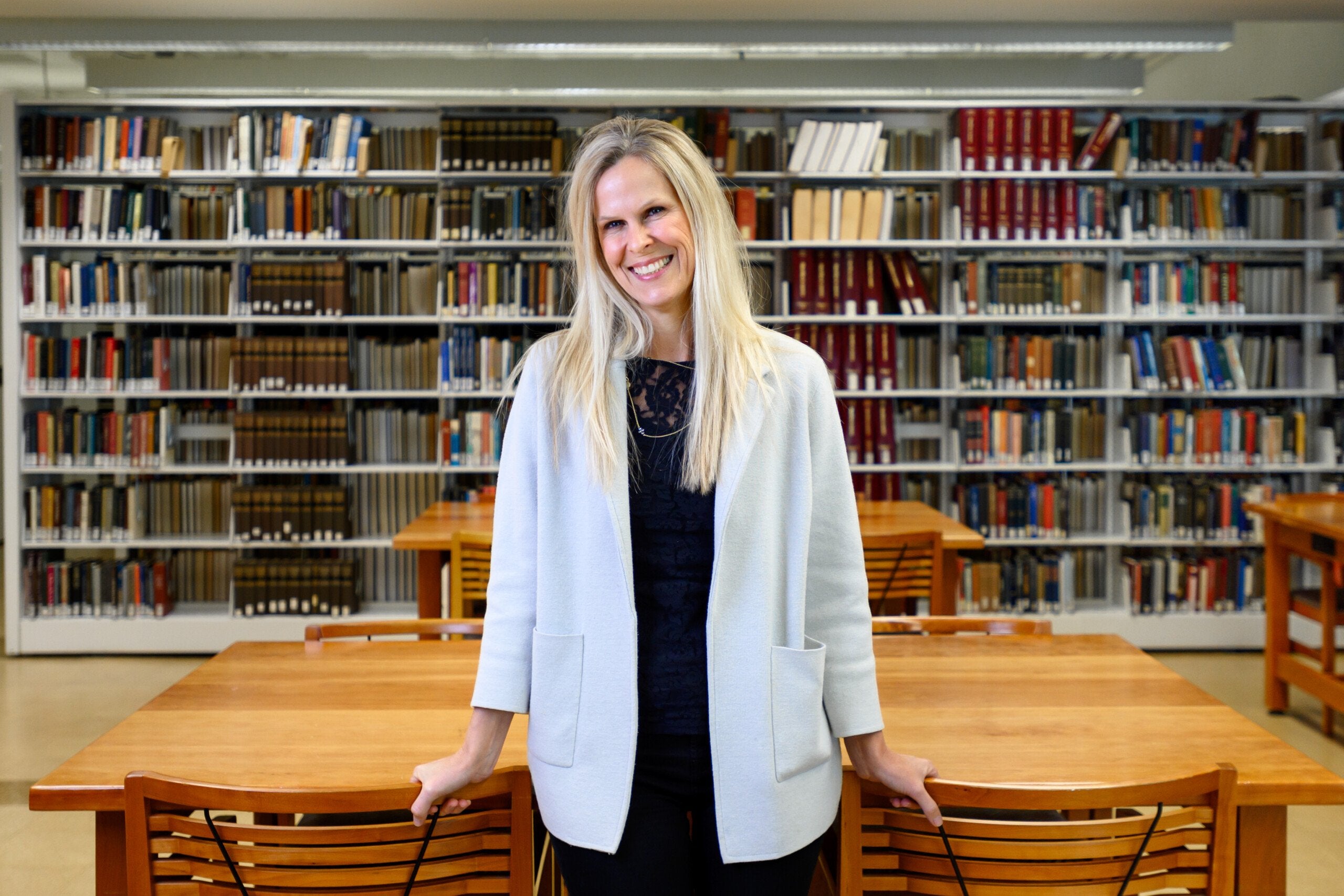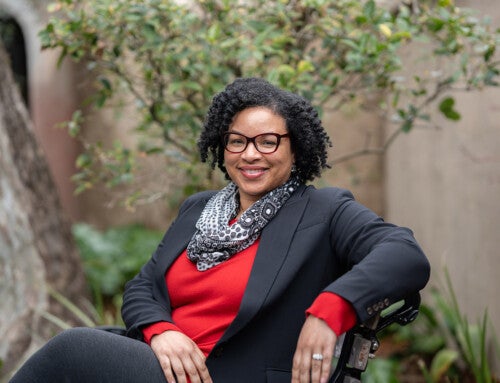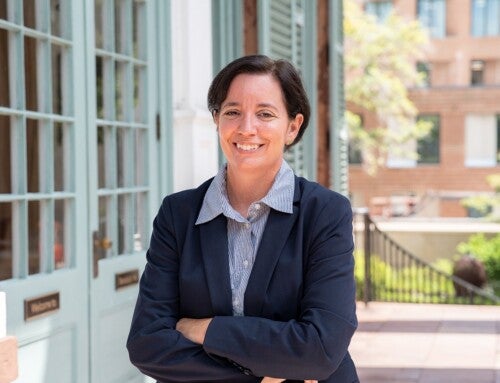Here at the College of Charleston, we encourage intellectual curiosity and strive to cultivate a community of lifelong learners. It’s what we do.
And it’s one reason Margaret Hagood – a self-proclaimed lifelong learner-teacher-scholar – joined the School of Education, Health, and Human Performance (EHHP) in the first place.
“Connecting research-based best practices with course content to improve not only students’ but also my own engagement and learning drives my course planning and influences my research agenda,” says the professor of teacher education, who came to the College in 2002 but took a leave of absence several years ago to study and reflect on the rewards and challenges of the teaching profession.
“I had tipped too far into the thinking mind, teetering out of balance with body and heart,” she says. “I noted this disequilibrium in myself and in students. I had become the ever-ready bunny teacher/learner, always putting students’ needs before my own, leaving only the reserves for myself and my family.”
That time away only fueled her passion for teaching, and she returned with a renewed energy for a holistic approach to teaching, making her the perfect person to lead the launch of the College’s new Center for Excellence in Teaching and Learning (CETL).

Margaret Hagood, professor of teacher education and director of the College’s new Center for Excellence in Teaching and Learning
Meant to serve as a center for faculty development through grant opportunities that focus on the scholarship of teaching and learning, CETL provides resources, workshops, presentations, small group seminars and academic coaching for advancing faculty’s holistic development.
“We are excited that Dr. Hagood has agreed to take on this critical leadership position as director of the new Center for Excellence in Teaching and Learning,” says Provost Suzanne Austin. “Her perspectives, scholarly accomplishments and passion for diversity and education will help elevate the College and position our faculty for greater academic distinction and success.”
Aligned with the College’s strategic plan, CETL aims to help faculty deepen their pedagogies and strategies for teaching, to understand students’ academic needs and goals and to cultivate valuable research opportunities around the scholarship of teaching and learning. It is open to all faculty and focused on supporting excellence in teaching across campus.
“Scholarship in teaching and learning should aid everyone,” says Hagood, noting that – after nearly two years of struggling to manage the challenges of the pandemic – faculty need this kind of support more than ever. “Given the recent hardships in teaching and learning, faculty and students are weary and feeling disconnected.”
Not only does CETL seek to foster collaboration among faculty, but it also partners with other divisions across campus to enhance offerings for faculty.
“Developing a community about collaboration not competition and sharing ideas across disciplines is a real interest to me,” says Hagood, who has been humbled and inspired by the work faculty have been doing across campus prior to the opening of the CETL. “This is an exciting time for the College because establishing CETL means resources are being directed to support faculty collaboration and innovation. We can learn from the expertise of our colleagues.”
It is, after all, what we do.
All CETL programs and services are confidential, voluntary and formative. Upcoming events are featured on Yammer and emailed to faculty.




